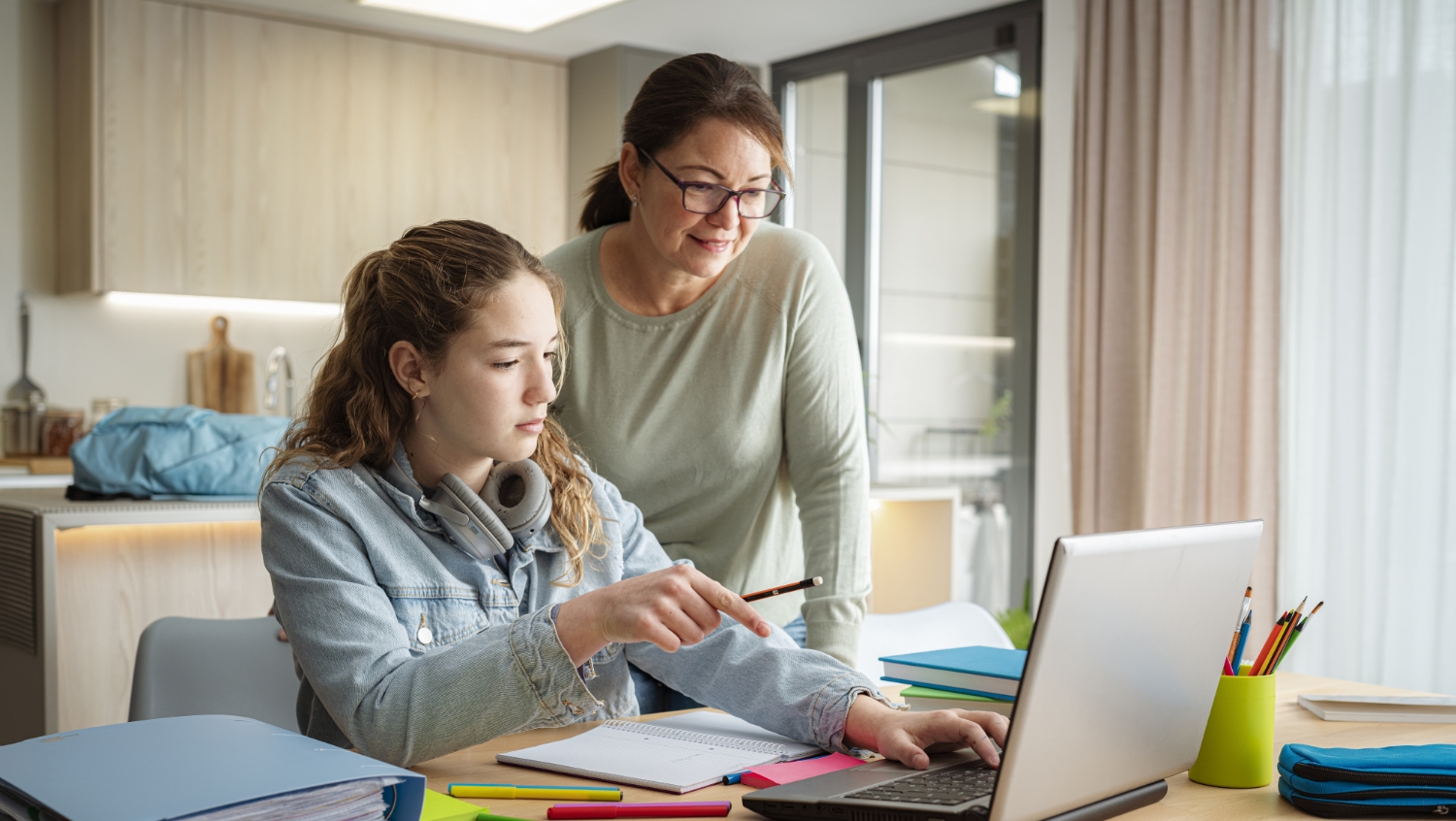How educators can support anxious students: 5 strategies that work

Statistics this year have shown that absence from education remains worryingly high.
Fostering a supportive, inclusive, and empowering school environment is one of the best ways for educators to cultivate strong, long-lasting relationships with students. In a nurturing environment, children feel safe to express their feelings and worries, which is particularly crucial for young people dealing with anxiety.
The need for schools and educators to provide specialised learning and wellbeing support ‘in house’ is ever-growing, especially with the long waiting lists and resourcing difficulties agencies such as Child and Adolescent Mental Health Services (CAMHS) are facing today.
Action for Children reports that in a recent Young Minds Survey, ‘three-quarters of parents say their child’s mental health has deteriorated while waiting for support from CAMHS’. The number of young people visiting their GP about their mental health has also declined, as some children and teenagers don’t believe their needs are ‘bad enough’.
While support in schools can’t replace the work that services such as CAMHS provide, it can dramatically reduce the anxiety that many students are feeling today — in turn ensuring that students can access their education and achieve strong outcomes.
Of course, working out how to best support students isn’t an easy additional load for any educator to take on. If you’re in search of support strategies you can use in the classroom, read on for five effective tactics and initiatives that we recommend at Academy21.
1. Ensure early intervention
Simply put, in order to take prompt and effective action, a school must be aware of which children need support.
Here at Academy21, we help schools facilitate early intervention with alternative provision for anxious learners. Online AP provides them with structure and consistency and minimises patterns of change — something that is a cause of anxiety for many learners but may be hard for you to guarantee in a typical classroom setting. We deliver learning in small groups and celebrate the gradual steps a learner makes, whether through positive reinforcement or other rewards.
Most notably, when anxious pupils learn through an online platform like ours, they feel less worried about the physical environment of schooling, removing another layer of their anxiety.
% in 2021/22. The proportion of severely absent pupils increased from 0.8% in 2018/19 to 1.5% in 2021/22.”
2. Foster a supportive environment
To truly meet every learner’s needs, educators must work together to create an environment that supports them all. This means meeting students wherever they are at and considering how their learning environment plays a huge role in their confidence to access learning.
Many schools working with us at Academy21 create that environment by providing mentor support in school, in a different classroom where students can learn online with us while building their confidence to return to the usual setting. In other cases, the right supportive environment is home — one of the most common settings in which children learn online with Academy21.
Whatever the case, consistency and familiarity are the keys to providing stability and reassurance for anxious learners. We reinforce that at Academy21, where pupils work with the same teacher and same peer group, and lessons follow the same structure.
3. Help children recognise the signs and symptoms
In a very welcome development, mental health and wellbeing are becoming increasingly common topics on school curricula across the UK. Giving young people the opportunity to self-assess and discuss their feelings, behaviours, and symptoms creates an space where they can seek advice and support.
Many educators have attended Mental Health First Aid courses and are becoming more aware of how to spot signs and symptoms quickly in the young people they teach.
Many schools are committed to whole-child development alongside academic outcomes, this helps to put student wellbeing and mental health at the top of the agenda.
With such commitments in place, schools gain the capacity to develop more understanding and compassion for their students. In turn, they can help those students overcome the challenges of being a young person in today’s climate and support them in learning to communicate openly, self-regulate, and seek help when they need it. It’s an initiative we see at work first-hand, as our Academy21 teachers are highly experienced in supporting learners to develop that self-awareness and build those strategies for success.
4. Support learners with study skills
Alongside helping young people improve their own wellbeing, it is just as important to equip pupils with the academic skills they need to relieve their anxiety and stress around education.
Academic achievement and grades can be big triggers for anxious pupils. At Academy21, we’ve found that effective study skills aren’t just vital for exam success, but also for dealing with pressure. This is a skill that follows the students we work with long after they leave us, and well into the world of further education and work, where pressures mount even higher.
With the right toolkit of study strategies, students feel mentally equipped to react in a positive and effective way when situations begin to feel overwhelming. Such strategies can include routine creation, time management and organisation skills, goal setting and self-assessment, note-taking and test-taking skills, and learning how to work best individually and as part of a group.
5. Provide regular, positive feedback
Finally, another useful method our Academy21 teachers understand well is the important of providing students with positive, actionable, and genuinely useful feedback.
When educators acknowledge young people with anxiety for their progress and effort in learning, they get a boost in self-confidence and self-belief, directly and positively impacting their academic progress.
The knock-on effect of this is an alleviation in some of the pressure students feel to ‘perform’ (particularly in comparison to their peers), reducing their anxiety and improving their mental health. Encouraging pupils to understand that their growth is personal to themselves only is a key part of nurturing the whole child, creating a far more enjoyable and mentally manageable educational experience.
Reach out to us
To learn more about the alternative provision for anxious learners that we provide here at Academy21, please contact us. Our experienced team is always here to discuss the needs of your pupils and how we can offer support.



